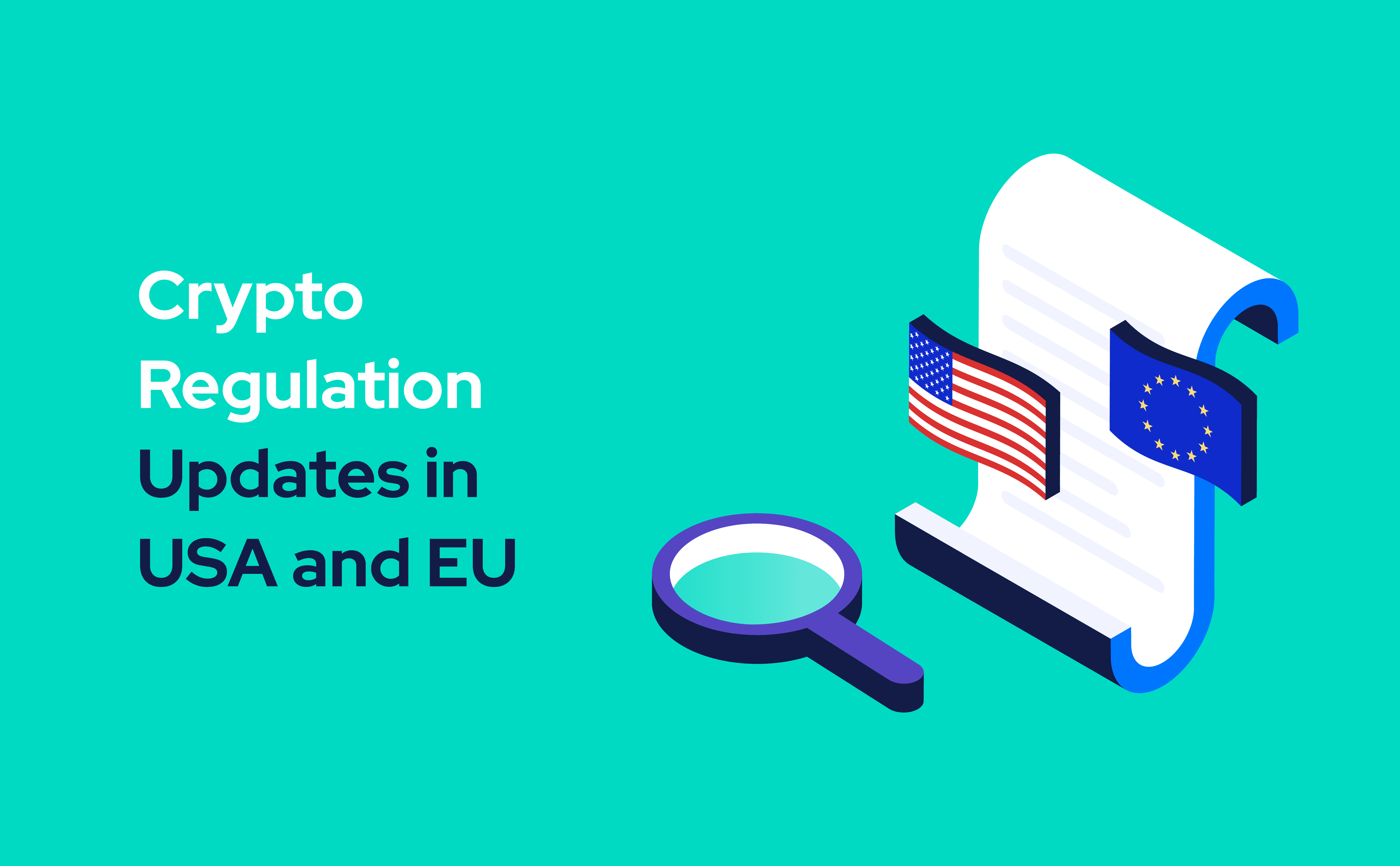The Ultimate Guide to BaoXing Bags
Explore the latest trends and styles in BaoXing bags.
Crypto Regulation Revelations: What to Expect From the Next Wave
Discover the game-changing crypto regulations on the horizon. Uncover what’s next for your investments and the future of digital assets!
Exploring Upcoming Crypto Regulations: Key Changes to Anticipate
The landscape of cryptocurrency regulation is rapidly evolving, with several key changes on the horizon that investors and enthusiasts should closely monitor. As governments worldwide aim to establish a framework for digital currencies, we can expect upcoming crypto regulations to focus on aspects such as consumer protection, anti-money laundering (AML) measures, and tax compliance. For instance, the implementation of KYC (Know Your Customer) protocols may become mandatory for exchanges, ensuring that user identities are verified to curb illicit activities. This intensified oversight could lead to a more secure trading environment but also poses challenges for privacy-minded users.
In addition to AML and KYC requirements, key changes to anticipate may include updated securities classifications for digital assets. The Securities and Exchange Commission (SEC) is increasingly scrutinizing tokens to determine whether they qualify as securities, which would impose stricter compliance obligations on issuers. Indeed, this distinction could significantly impact the development of new projects and the overall market landscape. As these transformative crypto regulations unfold, staying informed will be crucial for anyone involved in the cryptocurrency space.

Counter-Strike is a popular multiplayer first-person shooter game that pits teams of terrorists against counter-terrorists. It has become a staple in the esports community, attracting players and fans from around the world. Many gamers enjoy participating in tournaments and often look for ways to enhance their experience. For those interested in betting on matches, using a betpanda promo code can provide exciting opportunities to get more out of their wagers.
How Will New Crypto Regulations Impact Investors and Innovators?
The advent of new crypto regulations is poised to significantly affect both investors and innovators in the cryptocurrency space. For investors, stricter regulations can lead to increased market stability and protection against fraudulent schemes, as regulatory bodies work to ensure transparency and accountability within the industry. However, these measures may also result in heightened compliance costs and a reduced number of investment opportunities, particularly in the realm of decentralized finance (DeFi) platforms. As regulators implement their frameworks, investors must adapt to these changes, evaluating the risks and benefits associated with their investments.
For innovators, new regulations present a double-edged sword. On one hand, clear guidelines can foster an environment of innovation by providing necessary legal frameworks that protect startups and encourage investment. On the other hand, overly burdensome regulations might stifle creativity and slow down the pace of development within the sector. Innovators must navigate these complex regulatory landscapes to find ways to innovate while remaining compliant. This shift will not only reshape the current market dynamics but also influence the future trajectory of the cryptocurrency ecosystem.
Understanding the Regulatory Landscape: What Should Crypto Enthusiasts Know?
The regulatory landscape surrounding cryptocurrencies is rapidly evolving, making it essential for crypto enthusiasts to stay informed. Governments worldwide are establishing rules that govern the use of digital assets, which can vary significantly from one country to another. It is crucial to understand the implications of these regulations on cryptocurrency trading, taxation, and compliance. For instance, some nations have embraced crypto with open arms, creating a favorable environment for innovation, while others have implemented strict regulations that can hinder growth. Enthusiasts should keep abreast of local laws and global trends to navigate this complex environment effectively.
One of the key aspects of understanding the regulatory landscape is recognizing the ongoing discussions between regulators and industry stakeholders. As governments work to create clearer frameworks, enthusiasts may find opportunities to influence policy through advocacy and engagement. Staying informed about upcoming legislation and participating in public consultations can help ensure that the voices of the crypto community are heard. Moreover, being aware of potential changes in regulation, such as compliance requirements and reporting duties, will aid in mitigating risks associated with investing and trading cryptocurrencies.